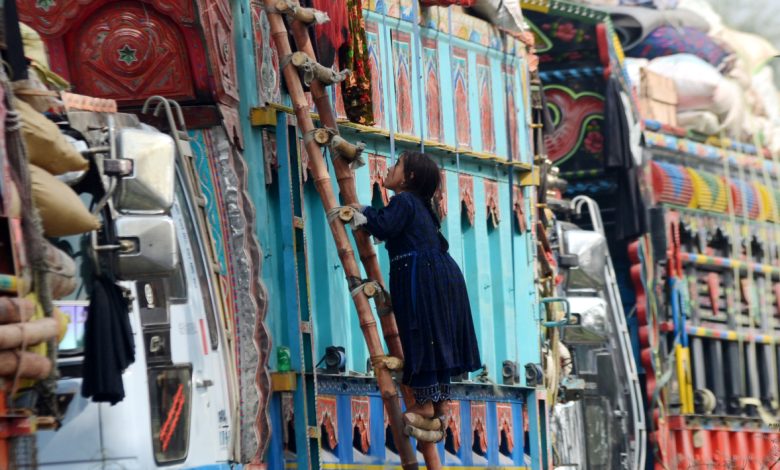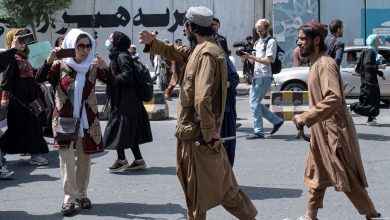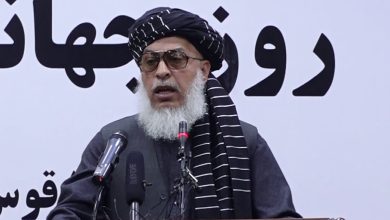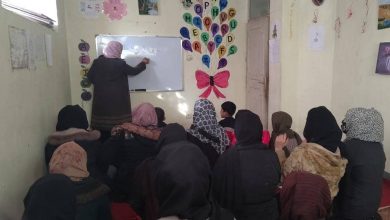
International Amnesty: Forced deportation of Afghans by Pakistan deprives women and girls of security and education access
Bayan News – Following the mass deportation of Afghan migrants by the Pakistani government, Amnesty International has expressed concerns that this action by Islamabad will put thousands of Afghans at risk, especially women and girls, depriving them of access to security, education, and livelihood.
The organization issued an official statement today, Saturday (November 10th), and demanded that the Pakistani government refrain from the mass deportation of Afghan migrants.
According to Livia Sicardi, Deputy Regional Director for South Asia at Amnesty International, if Pakistan does not reconsider its decision, thousands of Afghans will face serious human rights challenges.
Sicardi stated that the Pakistani government is using the mass expulsion of Afghan refugees as a political tool, exacerbating the increasing human rights challenges for Afghans.
“If the Pakistani government does not immediately stop the deportation process, thousands of Afghans, especially women and girls, will be deprived of access to security, education, and livelihood,” added Sicardi.
The international organization emphasized that no one should be subjected to forced deportation and urged the Pakistani government to uphold its international legal obligations, including the principle of non-refoulement.
In the Amnesty International statement, it is mentioned that the organization is concerned about the complete lack of transparency, due process, and accountability in the detentions and deportations of Afghans that have taken place over the past week, as well as the intensification of acts of harassment and persecution against Afghan refugees in Pakistan.
However, published statistics indicate that over 60,000 Afghan refugees have been deported by Pakistan in the past week.
Although the Pakistani government claims to be deporting undocumented Afghans, there are also reports of Afghans among the deportees who had legal residency in Pakistan.







